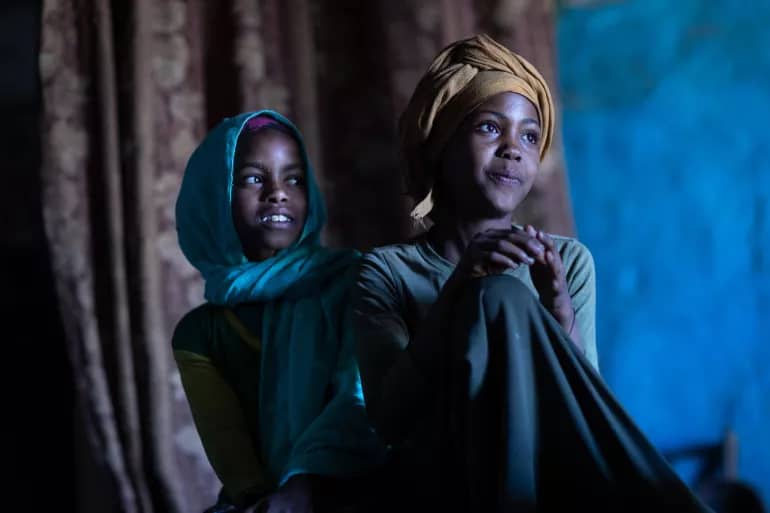Vongai Masuka
The recent debate in the Gambian Parliament regarding the reversal of the ban on female genital mutilation (FGM) has raised serious concerns and has awakened the urgency to protect the rights and well-being of women and girls.
Female genital mutilation, or better known as ‘female circumcision’, refers to the practice of partially or entirely removing the external female genitalia for non-medical reasons.
In Zimbabwe, the practice of FGM is mainly found in the Binga, Shangani, and Shurugwi districts. These districts are predominantly rural and have a strong traditional culture.
The practice is also more common in communities that have a higher rate of poverty and illiteracy. In these areas, it is seen as a way to preserve traditional values and ensure the purity of women.
It is a deeply rooted traditional practice that is prevalent in various parts of the world, particularly in Africa, Asia, and the Middle East.
FGM is often performed on girls between infancy and adolescence, with the belief that it will preserve their purity, ensure marriageability, and conform to societal norms.
The practice of ‘female circumcision’ has seen a resurgence in recent years, despite global efforts to eradicate it.
The United Nations Children’s Fund (UNICEF) recently reported that over 230 million girls and women worldwide have undergone FGM, with a 15% increase compared to data released eight years ago.
Implemented in 2015, the ban on FGM in Gambia, was an important step forward in protecting girls from the physical and psychological consequences of this practice.
In light of this, the World Health Organization (WHO) has also stated that FGM has no health benefits and can lead to severe complications, including excessive bleeding, shock, psychological trauma, and even death.
Even though arguments have been raised that the ban infringes on cultural and religious practices, it is important to recognize that cultural and religious rights should not be used to justify practices that cause harm and violate human rights.
FGM is widely recognized as a violation of human rights, as it inflicts severe physical and psychological harm on girls and women.
This practice often involves unsterile instruments and is performed in unsanitary conditions, leading to a high risk of infections, complications, and long-term health issues.
The United Nations has consistently condemned FGM and called for its elimination emphasizing that it is a violation of women and girls’ rights to health, security, and physical integrity.
Many countries have taken legislative measures to criminalize FGM and protect girls and women from this practice.
The fight against FGM is aimed at safeguarding the dignity of women and girls so that societies can create an environment where every individual can live free from violence, discrimination, and the physical and psychological consequences of FGM.
Over half of the 92 countries where FGM is prevalent have enacted laws prohibiting it, recognizing the importance of protecting women and girls from this form of violence.





0 Comments